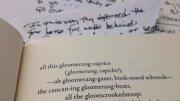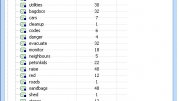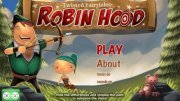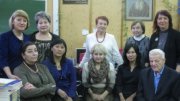 In case you ever wondered, world literature in anthology form is 11 inches high, 9 inches wide, and weighs 10 pounds, 8 ounces.
In case you ever wondered, world literature in anthology form is 11 inches high, 9 inches wide, and weighs 10 pounds, 8 ounces.
The world’s textual creative output in the last 4, 000 years is gigantic, a vast cosmos of creation myths, lyric poems, histories, travel narratives, plays, novels, and stories in hundreds of written languages, beginning with cuneiform. It’s an output so big that it defies captivity in print.
But in a feat of thoughtful compression, eight North American editors — with a Harvard professor in the lead — have just released the third edition of a classic initially published in the 1950s. “The Norton Anthology of World Literature, ” at six volumes and 6, 000 pages, brings millennia of written genius down to the size of a four-slice toaster. At the same time, this compact anthology dwarfs its flyweight Eisenhower-era antecedent, a one-volume compendium of “Western masterpieces” that spanned only about 400 pages.
“We are living in a larger world, ” said Harvard’s Martin Puchner, general editor of the new volumes, and our view of world literature should be correspondingly big. Puchner, a world-traveling native of Germany and master of seven languages, is the Byron and Anita Wien Professor of Drama and of English and Comparative Literature.
The new Norton anthology — Volumes A through F — took about five years to assemble, edit, and expand, he said, and in its first year will be used by 50, 000 American students. There are hundreds of new selections, along with new maps, illustrations, introductions, contextual essays, and translations. (For one startling example of newness, go to page 171 of Vol. A. You will find a Robert Alter translation of Genesis, 25, illustrated by R. Crumb in graphic-novel style.)
The new volumes also feature clusters that explicate major themes common to all periods and places. The thematic clusters are designed, along with the crisp new introductions, to hold students steady in what otherwise might be a chaotic “sea of texts, ” said Puchner. When the team of editors first met, he said, “We had to admit to ourselves that world literature, in its nature, is overwhelming and scary.”
The volumes also provide a ballast of cultural and literary context that is calming and guiding. They help professors ‘ many of whom are schooled in just one period or genre — to navigate dozens of remote centuries and vanished cultures. “No one feels competent to teach all this stuff, ” said Puchner. To help even more, a Web site related to the book is being augmented this summer, and will include a pronunciation guide for seemingly exotic titles and authors. “It’s a big anxiety for students, ” he said of pronunciation, “and for teachers too.”
The new volumes, with heavyweight covers and silky thin pages, are part of a big family of such anthologies conceived by W.W. Norton & Company Inc. in the last six decades. That includes another classic, “The Norton Anthology of English Literature, ” first published 50 years ago and now in its ninth edition. Its general editor is another Harvard scholar, Stephen Greenblatt, the John Cogan University Professor of the Humanities.
Source: news.harvard.edu
You might also like:

Related posts:























